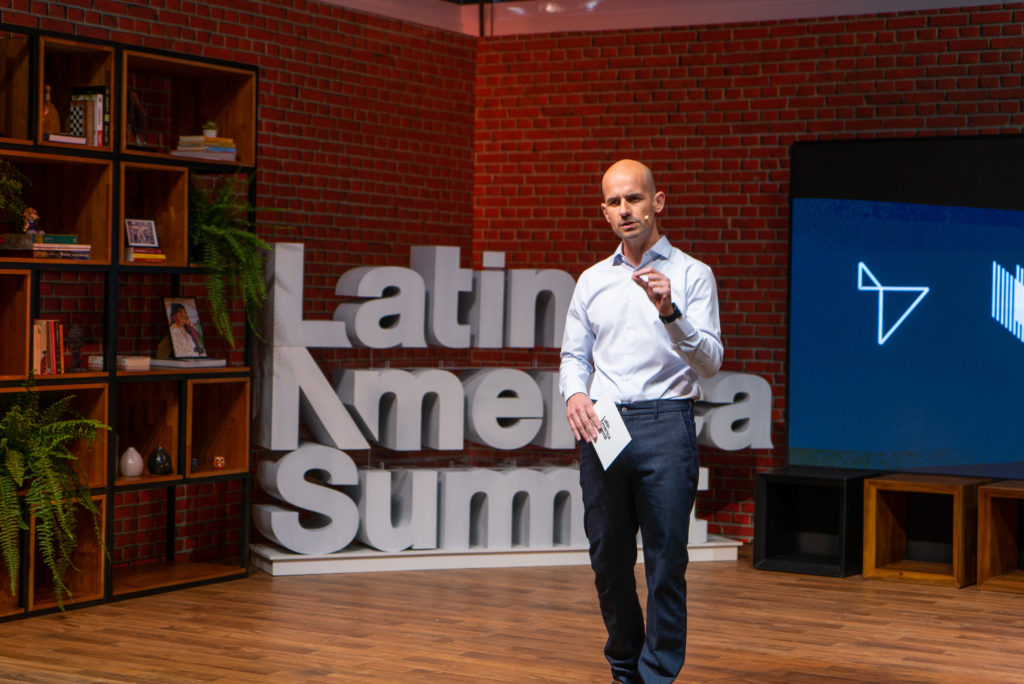Brazilian FinTech Company, EBANX Goes Live in Africa

For the first time outside of Latin America, EBANX, a worldwide fintech company, intends to expand its payment gateway solution and business operations to Africa.
The 10-year-old unicorn, which operates in 15 Latin American nations and has processed over $1 billion in payments, wants to concentrate initially on mobile money in Africa.
The CEO and co-founder, Joo Del Valle, noted in a statement that although though Africa’s digital economy is still in its infancy, his company chose to pursue it because of its intriguing potential. “Africa’s rapidly expanding digital economy is still in its infancy, and over the next few decades, growth is expected to go up and to the right. EBANX will work with local players as a catalyst to accelerate the many advantages of a digital economy.
According to a June 2022 Endeavor analysis, the influence of COVID-19, a young population, and constantly increasing rates of digital adoption have caused Africa’s digital economy to be valued at $115 billion.
With the exception of Egypt, which accounts for 32% of the continent’s population, 51% of its GDP, and 73% of the startup accelerators now operating in Africa, EBANX has already begun operations in Kenya, South Africa, and Nigeria. With EBANX as its payments partner, Pipefy, a low-code workflow management platform launched in 2015 in Latin America and used in more than 200 nations worldwide, is present across the continent of Africa.
Paula Bellizia, the president of global payments at EBANX, stated in a statement that “expanding our solutions to African countries speaks directly to EBANX’s mission of creating access, and having Pipefy as a merchant makes this moment even more special to us, expanding solutions and services throughout regions full of opportunities.”
EBANX aims to focus its strategy, as it did in South America, on partnerships and cooperation with international retailers. In Latin America, the business handles payments for Uber, Airbnb, and over a thousand other online businesses.
After researching the area and developing a thorough understanding of its local players, organizations, and challenges, Bellizia continued, “We are diving into Africa to provide local payments solutions that will help build the digital economy at a rapid rate, drive broader financial inclusion for its population, and provide greater access to a variety of goods and services from international merchants looking to expand their market share there.”
Additionally, the business will take into account the most common local payments in each of the nations it is entering. Online shoppers in South Africa will be able to use internet banking to send an Electronic Funds Transfer (EFT) that is immediately validated. EFT is currently South Africa’s second-most popular online payment option.
Similar to M-Pesa, it will provide a mobile banking service in Kenya that enables users to save and transfer money as well as pay for online purchases using their mobile devices.
It would provide bank transfer and USSD services in Nigeria. Customers will be able to pay for their online purchases using the former, a session-based protocol that uses the GSM signaling channel to query data and activate services. With the latter, users can swiftly and simply pay for online purchases without using a credit or debit card.







